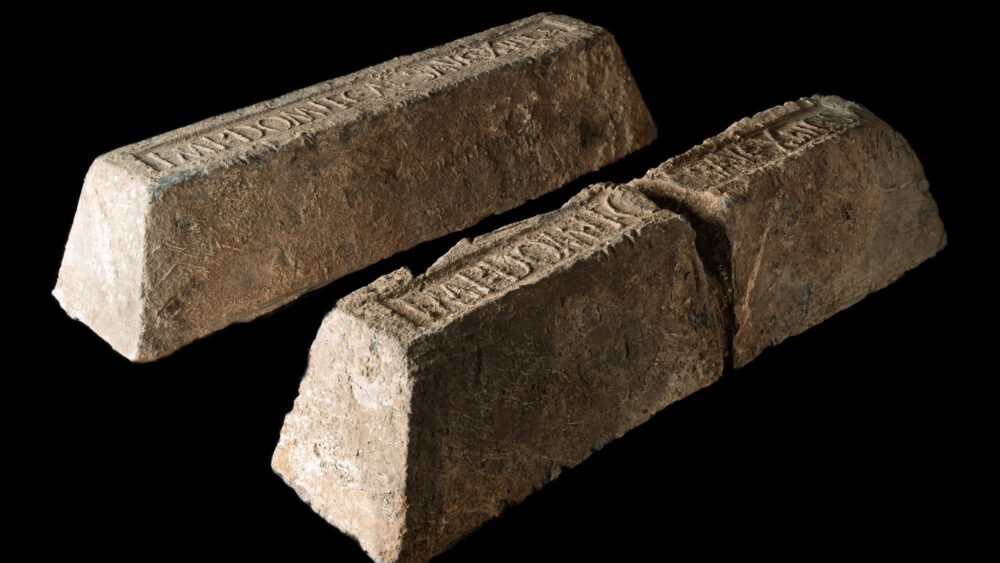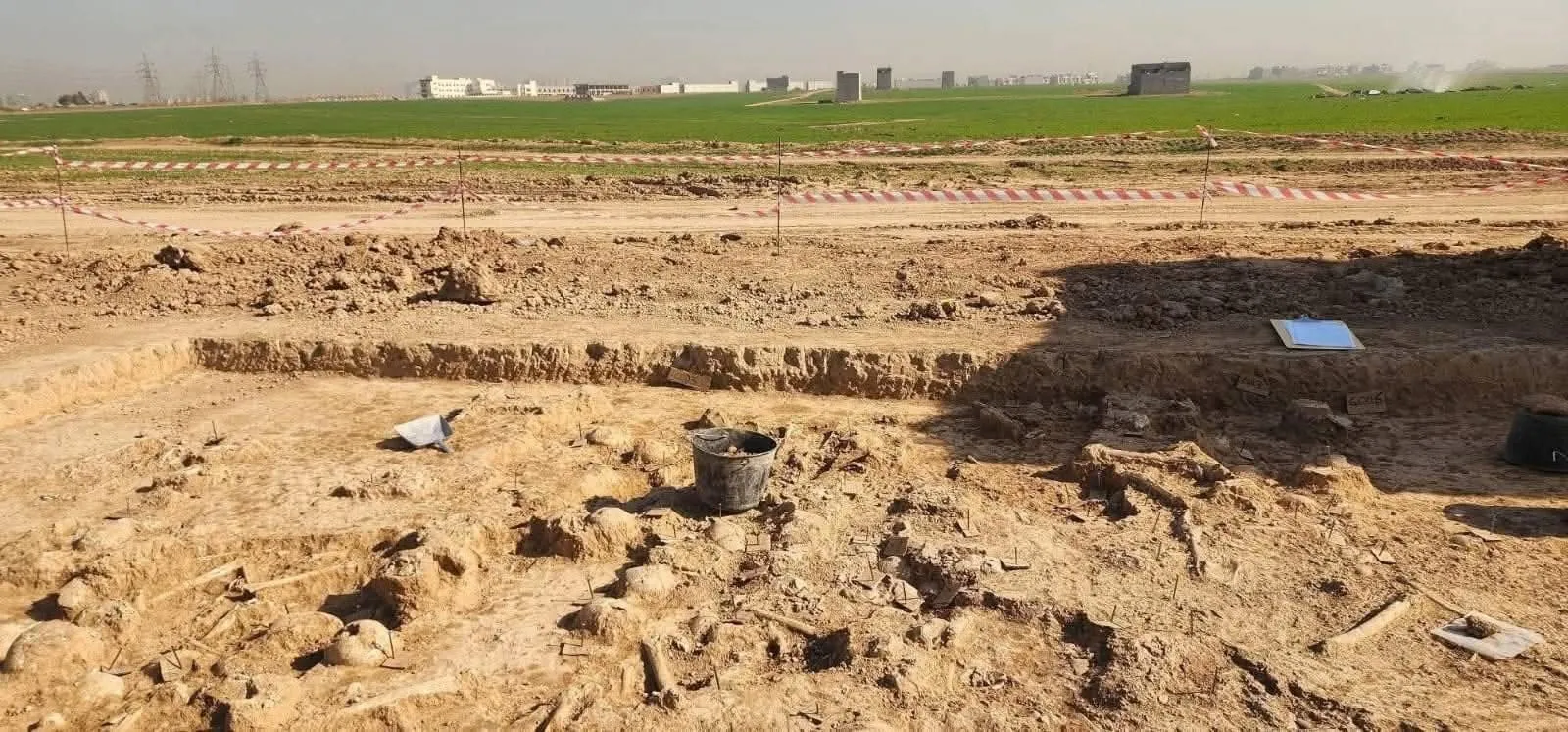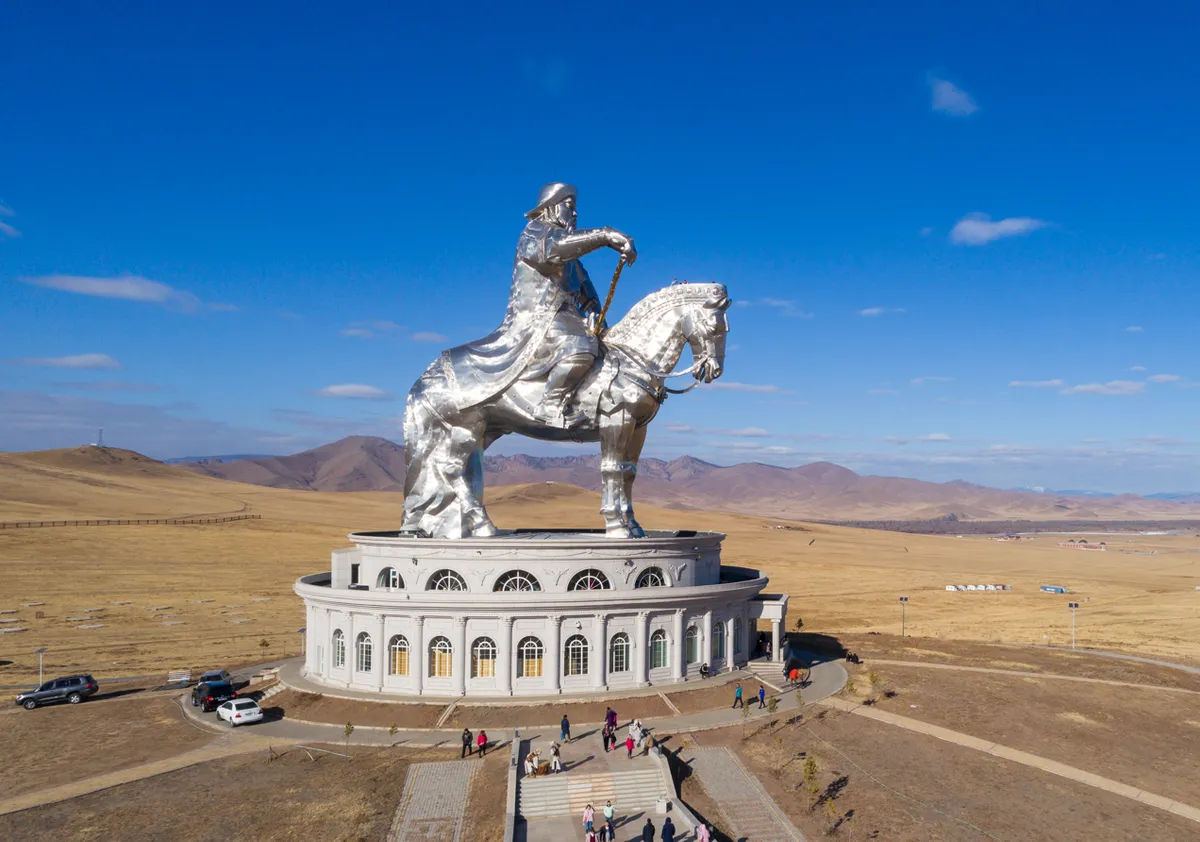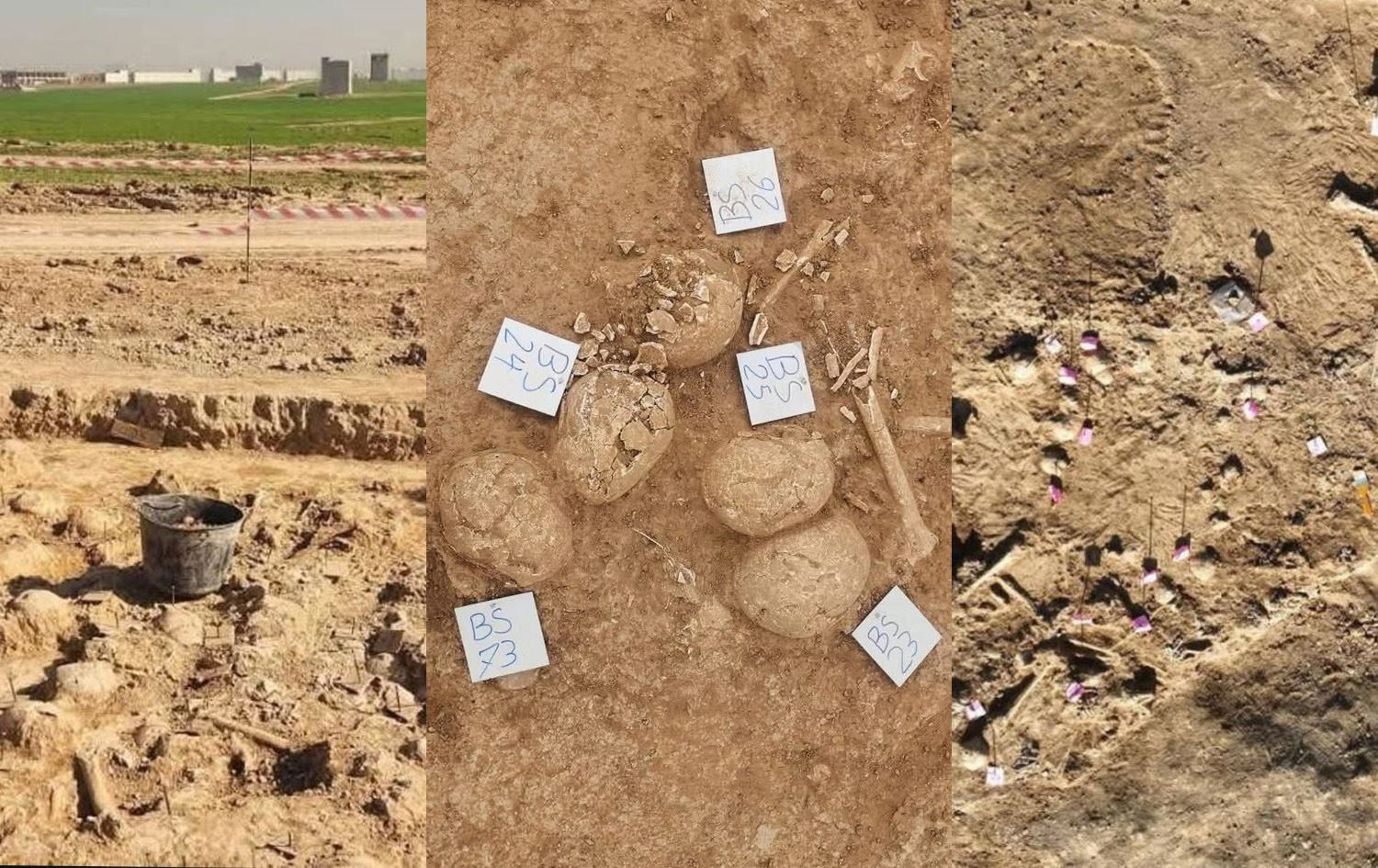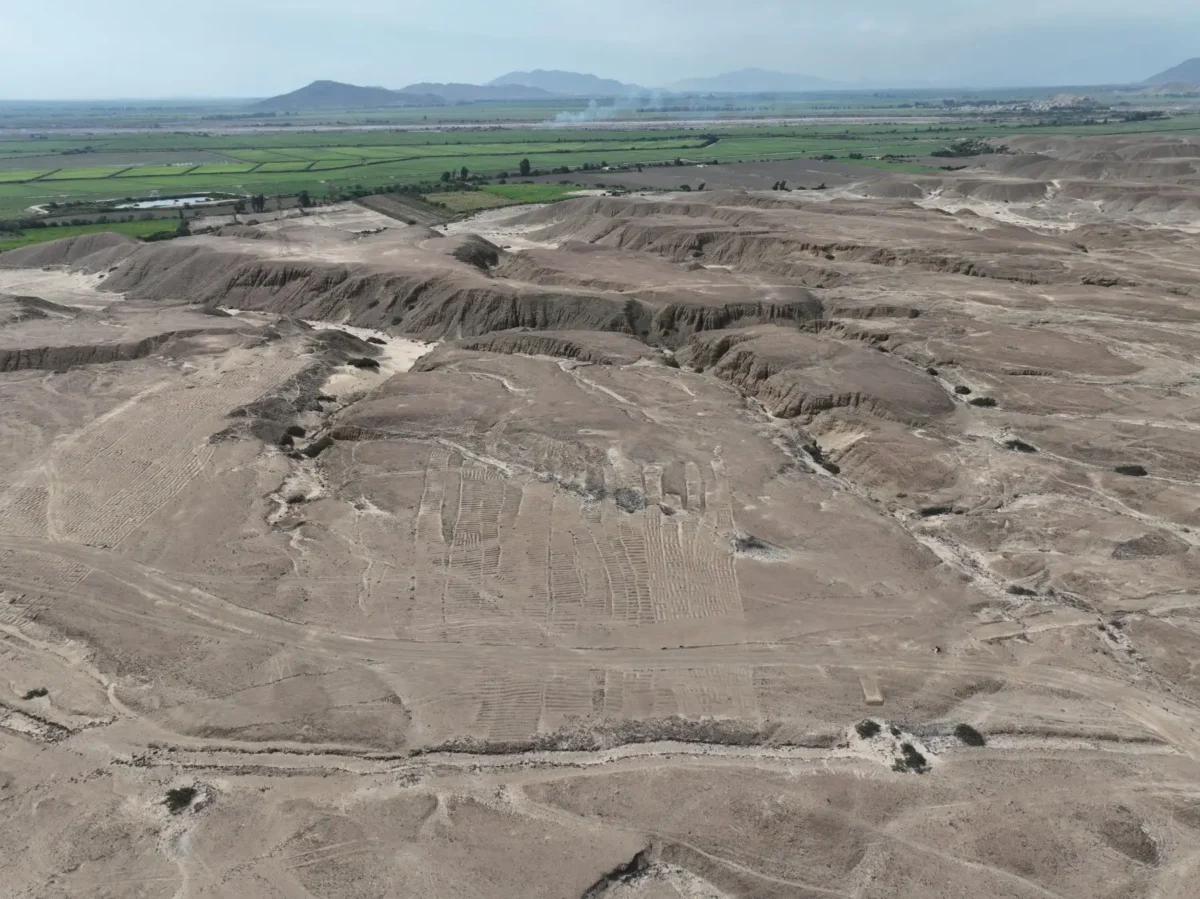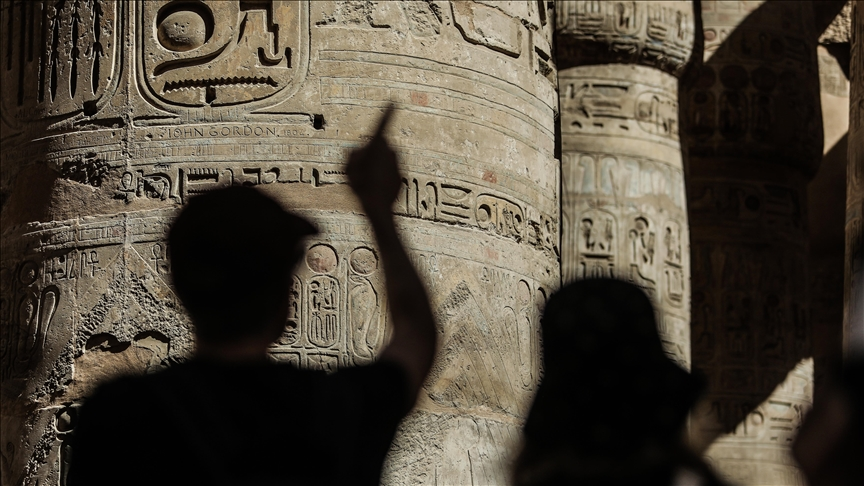The Druids were the intellectual and spiritual leaders of ancient Celtic societies in regions such as Ireland, Britain, and Gaul. They served as priests, conducting religious rituals and maintaining sacred traditions. Their deep connection to nature and the spiritual world made them central figures in Celtic belief systems.
But Druids were far more than religious officials. They functioned as scholars, judges, healers, diplomats, and advisors to kings. Without a written tradition, the Celts relied on Druids to preserve knowledge through memory. They studied astronomy, law, history, healing, and poetry often spending decades in training.
Because of their influence, Roman writers often described Druids with a mixture of fascination and hostility. Julius Caesar, for example, noted their role in education and law but also used reports of human sacrifice to justify Roman suppression of Druidic practices.
Despite limited written evidence, Druids remain iconic symbols of Celtic wisdom, representing a culture where spiritual insight, scholarship, and community leadership were deeply interconnected.


